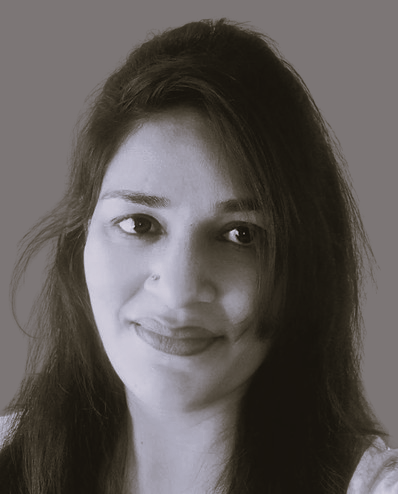
By Uzma Ehtasham
It has been two months since a parliamentary committee in Pakistan, after much debate and deliberation, announced what should have been a landmark decision for educational justice: a cap of Rs1.8 million on the five-year tuition fees for private medical colleges. For a brief moment, the announcement inspired cautious hope, particularly among thousands of students who dream of becoming doctors but whose financial realities often stand in harsh contrast to those dreams. Yet here we are, weeks later, with the decision rendered practically irrelevant. The truth is not hidden in some bureaucratic fine print—it is glaring and disheartening. Those meant to enforce the regulation are, in many cases, the very people who benefit from flouting it.
The Rs1.8 million ceiling, formally agreed upon by a 25-member government committee, was supposed to cover the entire cost of MBBS and BDS programs, across all private colleges, including every conceivable due. And yet, private medical colleges continue to charge students two to three times this amount—between Rs3.5 to 4 million. These figures are not rumors whispered in frustrated hallways; they are documented, reported, and disturbingly consistent. They speak to a culture of impunity where the law exists on paper and paper alone. It is here that the hypocrisy becomes undeniable. When those responsible for regulation sit in the boardrooms of the very institutions they are meant to oversee, the notion of governance collapses into farce.
The regulatory framework is not just flawed; it is compromised from the inside. What should have been a powerful instrument to protect merit and equity has instead become a shield behind which profiteers thrive. To understand the magnitude of this failure, one must look at the broader landscape. Every year, more than 200,000 students apply to medical colleges in Pakistan. Only a sliver of these—roughly 15,000—secure seats in public institutions, where the total cost for a five-year program hovers around a modest Rs90,000. The rest, regardless of academic merit, must contend with private institutions, whose fees are not just high—they are prohibitive. These are not institutions of learning anymore; they are auction houses where futures are sold to the highest bidder.
The impact is devastating. This is not merely about unaffordable tuition. It is about the systematic exclusion of bright, hardworking students from lower- and middle-income families. It is about telling the child of a farmer, a laborer, or a schoolteacher that no matter how well you do in your exams, your future in medicine depends not on your intellect but on your bank account. That is not just an educational injustice. It is a moral failure. And the consequences of that failure echo beyond the lecture halls. Pakistan continues to grapple with a severe shortage of medical professionals, especially in rural and underserved areas. Clinics are understaffed, hospitals overburdened, and patients often left to the mercy of ill-equipped facilities or long-distance travel to access care.
Yet, thousands of potential doctors are turned away from the profession every year—not because they lacked ability, but because they lacked access. It is not an exaggeration to say that the country has lost millions of doctors over the decades to this systemic exclusion. Imagine what the nation could have achieved if even a fraction of those young minds had been nurtured, trained, and allowed to serve. In a time when health crises from dengue to malnutrition to mental illness are reaching alarming levels, this deliberate waste of human potential borders on criminal negligence. What is worse, the regulatory announcements have become a kind of theatre. The script is repeated annually—an order is issued, a press conference held, and a few headlines made. Then silence.
The colleges continue to charge what they want, families continue to borrow, beg, or break, and the dream of a fair, merit-based system continues to rot in plain sight. The problem is not that the state lacks tools; it is that it lacks will. If the government is serious about reform, then the first step must be to dismantle the incestuous relationship between regulators and institutions. You cannot task wolves with guarding the flock. Fee oversight must be transferred to independent bodies, accountable to the public and protected from political interference. These watchdogs should not only monitor compliance but also be empowered to penalize violators. And those penalties must hurt—not token fines that institutions can write off, but real consequences that serve as deterrents.
The stakes are too high for half-measures. This is not just about education policy. It is about the kind of country Pakistan wants to be. Does it believe in upward mobility through merit, or does it condone a system where money dictates destiny? The choice is ours to make, but time is slipping away. Unless bold, transparent, and immediate action is taken, Pakistan’s dream of equitable medical education will remain just that—a dream. It will fade, like so many before it, into the annals of broken promises. And the children who still dare to believe that hard work can take them somewhere will be left with nothing but regret and the echo of a system that told them they were never meant to belong. Justice in education is not a luxury. It is a responsibility. The future of the nation’s health depends on it.
(The writer is a public health professional, journalist, and possesses expertise in health communication, having keen interest in national and international affairs, can be reached at uzma@metro-morning.com)



